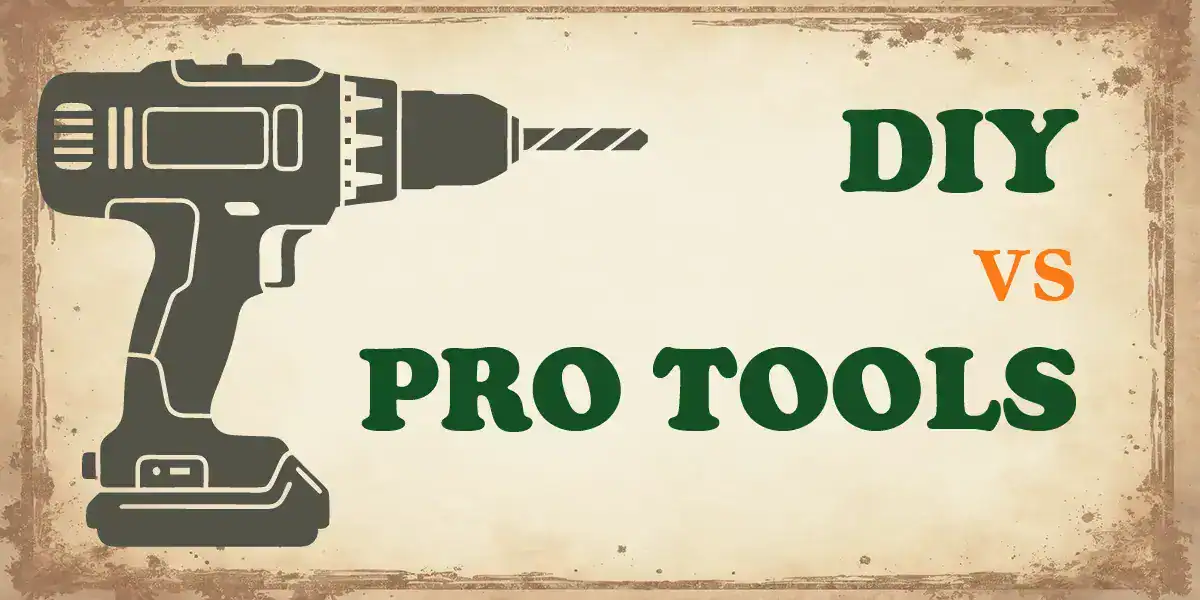You’re in a hardware store, staring at two drills. One is a budget-friendly model for $60; the other is a heavy-duty, professional-grade beast for $300.
Both spin a screw, but is the professional model really five times better?
This guide will break down the differences so you can make the right choice for your toolkit and your budget.
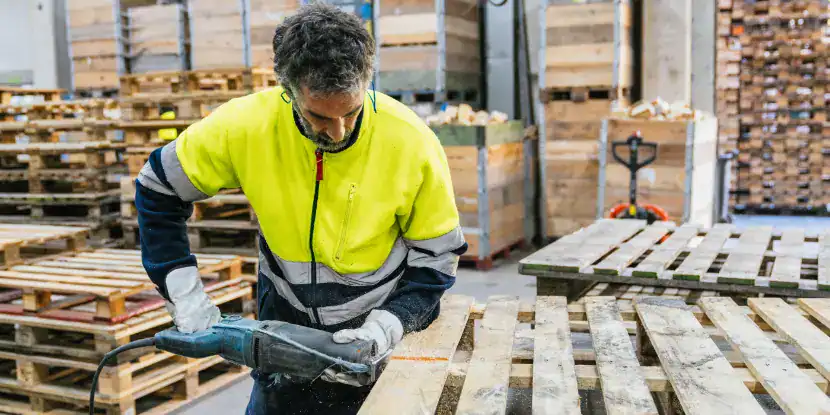
Heavy or lengthy jobs nearly always call for professional tools.
What’s the Real Difference?
A DIY professional tools look similar, but only in the way that a pony and a thoroughbred are similar.
They’re built for different users and workloads.
- Build Quality: DIY tools often use lighter materials like plastic and aluminum, making them easy to handle for occasional jobs. Professional tools have reinforced metal bodies and heavy-duty components that withstand daily wear and tear.
- Power & Performance: Professional tools have stronger motors, longer battery run times, and more consistent power output, which is essential for demanding tasks. DIY tools have enough power for light-to-moderate jobs, but may struggle with more intensive work.
- Price & Warranty: DIY tools are affordable and typically come with limited warranties. Professional tools have a higher upfront cost but include extended warranties and better service support.
- Intended User: DIY tools are made for hobbyists and homeowners doing occasional repairs. Professional tools are for tradespeople, contractors, and business owners who rely on their tools to make a living.
In short, DIY tools prioritize accessibility and convenience, while professional tools offer endurance and high performance.
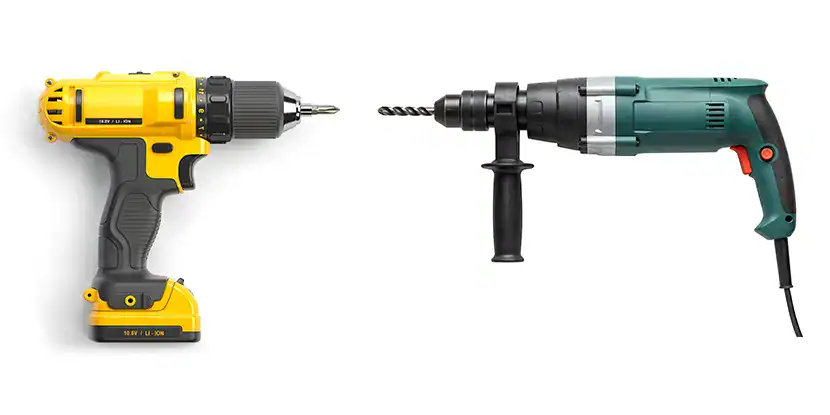
A DIY drill vs a heavier professional model.
Why DIY Tools Still Make Sense
DIY tools are the most practical choice for most homeowners. Why?
- They’re perfect for beginners building their first tool collection or homeowners who need tools only for occasional tasks. You can assemble a complete tool set for a fraction of the cost of professional gear.
- Lightweight and simple, DIY tools are less intimidating for novices. They don’t require special training for safe and effective operation.
- A reliable DIY tool can easily perform tasks like hanging shelves, assembling furniture, or fixing a leaky faucet.
- Most DIY tools generally need minimal upkeep.
For tool enthusiasts, starting with DIY options is a great way to experiment. It allows you to learn, figure out what kind of work you enjoy, and build your skills before committing to more expensive equipment.

Hanging pictures in the living room? You don’t need pro tools for that.
When to Invest in Professional Tools
There comes a point where DIY tools can’t keep up. If you’re pushing your tools to their limits or replacing them frequently, it’s probably time for an upgrade.
- Durability and Longevity: Professional tools can handle drops, dust, and long hours of operation without failing. They’ll last for years, even with heavy daily use.
- Precision and Consistency: Professional tools deliver the best results for work that demands exact cuts, clean finishes, or uniform results — like detailed woodworking or installing tile.
- Efficiency: More power and better design mean you can work faster and with fewer mistakes. Time saved is money earned for anyone whose income depends on their tools.
If your tools are essential to your income or professional reputation, upgrading is a necessary business investment.
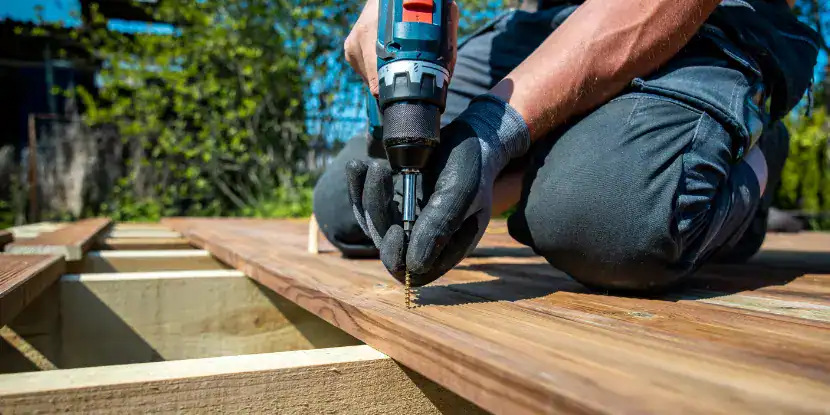
Pro tools will make a big job like building a deck much safer and easier.
The Smart Middle Ground
Fortunately, you don’t have to choose between the two extremes. There are several ways to access high-quality tools without the high price tag.
- “Prosumer” Tools: This hybrid category offers more durability and power than standard DIY tools but at a mid-range price. Brands like DeWalt, Makita, and Milwaukee have lines made for this market.
- Rent or Borrow: Need a heavy-duty tool for a one-time project, like a tile saw or a demolition hammer? Renting from a local hardware store is a practical solution that saves you money and storage space.
- Community Workshops: Maker spaces and tool libraries offer access to a range of high-end equipment for a small membership fee. They’re ideal for experimenting with professional tools before you buy.
- Upgrade Gradually: Start with your most-used tools and upgrade them one at a time as your projects become more demanding.
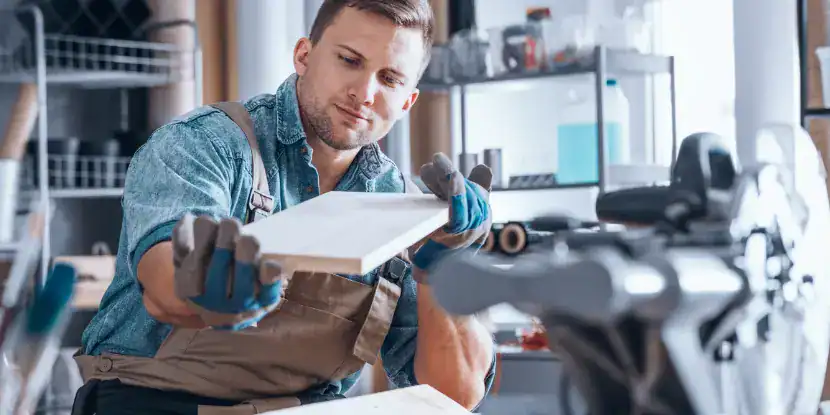
Serious woodworkers always invest in professional tools, starting with the essentials like a table saw.
How to Make the Right Choice
Before your next tool purchase, ask yourself these questions:
- How often will I use this? A DIY tool or rental is fine for a single project or one-off task. For weekly or daily use, go pro.
- Do I need precision or just function? Hanging photos doesn’t require precision. Building custom cabinets does.
- Will this tool save me time or make me money? The investment pays for itself if a better tool helps you complete jobs faster or attract more clients.
- Do I have the skill to benefit from it? An advanced tool is only as good as the person using it. Your skills should match the tool’s capabilities.
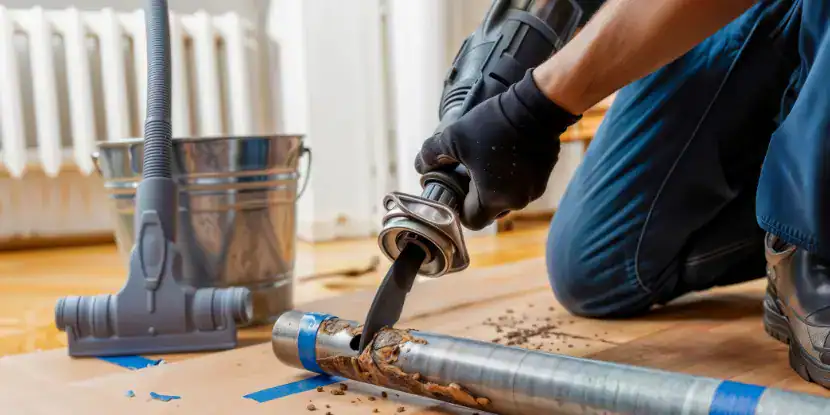
A professional reciprocating saw can slice through a steel pipe like butter.
Find the Tool That Works for You
The “right” tool depends entirely on your needs, skills, and goals — not just the price tag.
A reliable set of DIY or prosumer tools is more than enough for repairs and weekend projects for most homeowners.
For small business owners, investing in professional tools is an investment in quality, efficiency, and reputation.
The best tools aren’t always the most expensive, but the ones that get the job done safely and efficiently.
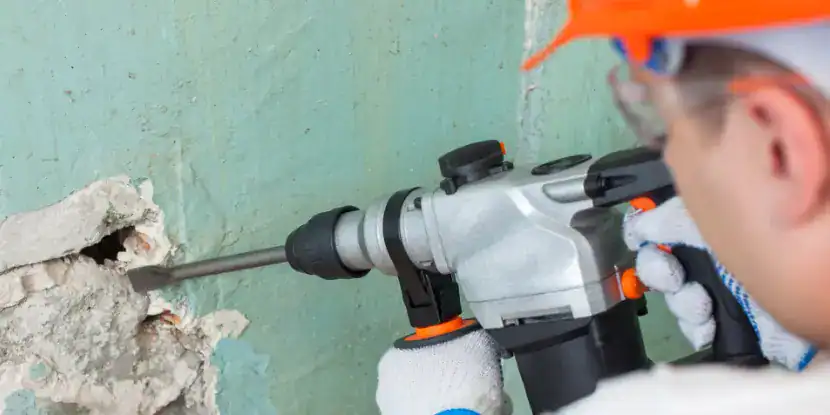
You’ll want a professional tool for heavy jobs like breaking up concrete.
FAQs: DIY vs Professional Tools
Q: Are expensive tools always better?
Not necessarily. Expensive tools are meant for heavy, frequent use and high precision. A budget-friendly DIY model is often a better value if you need a tool for occasional light tasks.
Q: What are some good “prosumer” brands?
Brands like DeWalt, Makita, Milwaukee, and Ridgid offer “prosumer” lines that balance performance and price for serious DIYers and semi-professionals.
Q: How can I make my DIY tools last longer?
Keep your tools clean, store them in a dry place, and follow the manufacturer’s instructions for care. Regularly cleaning dust and debris from motors can significantly extend a tool’s life.
Q: When is it better to rent a tool than to buy one?
Renting is ideal for expensive, specialized tools for a single project, like a floor sander, concrete mixer, or demolition hammer. It saves you the high upfront cost and the hassle of storage.
Q: Do professional tools have a good resale value?
Well-maintained professional tools from reputable brands hold their value much better than DIY tools. There’s a strong secondhand market if you decide to upgrade or no longer need them.
Q: What’s the first professional tool a serious DIYer should buy?
A high-quality cordless drill/driver is often the best first investment. It’s one of the most-used tools for any project, and the difference in power, battery life, and durability is huge.
Q: Can I use professional-grade batteries in my DIY tools?
Generally, no. Most brands design their batteries to be compatible only with tools within the same line or voltage system.
Q: Is a more extended warranty always a sign of a better tool?
A longer warranty indicates the manufacturer’s confidence in the tool’s durability. Professional tools often have 3-5 year warranties or even lifetime service agreements, compared to 1-2 years for DIY tools.

